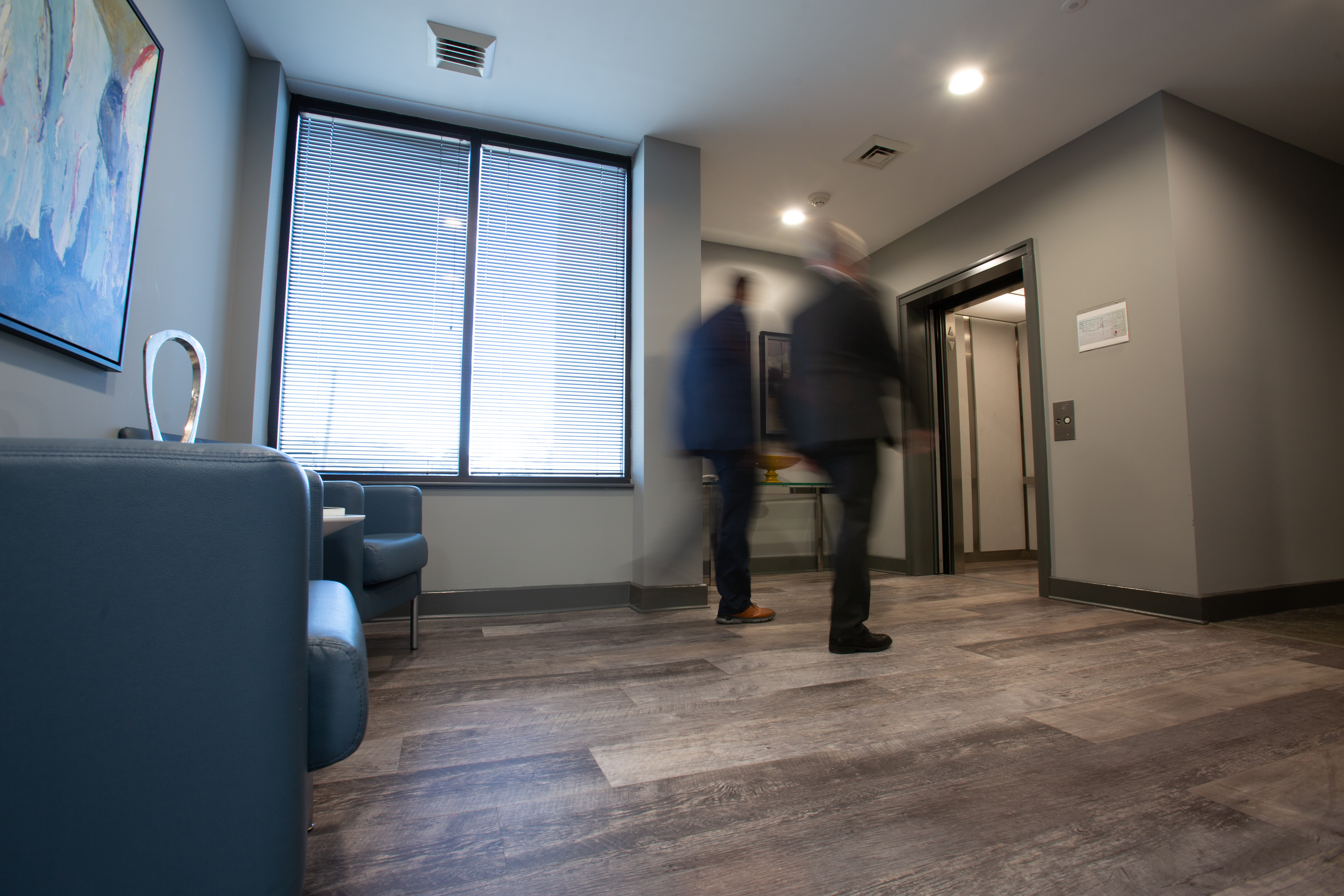
4 minute read
WHEN A LICENSEE IS VISITED OR CONTACTED BY AN INVESTIGATOR
Board investigations begin by gathering information from primary sources, including witnesses, patients, complainants, insurance companies, and law enforcement. Many investigations originate with a complaint from a person or entity, but the Board can also open investigations on its own when it develops a lead. This initial information gathering phase may last for several weeks or months.
Once a Board investigator has sufficient information, he or she will meet with the licensee who is the subject of the investigation, in person when appropriate, to obtain the licensee’s acknowledgement of an investigation. The physician may be personally interviewed at that time. A subpoena will be served for medical records, where applicable, and a written response to the complaint is typically requested. The written response is expected to be medically detailed, and it should be written for review by a panel of physicians. After meeting with the licensee, the investigator will continue gathering information and may meet with other physicians, pharmacies, hospital staff, insurance companies, or others.

An investigator will generally work with the licensee to meet at a mutually agreed time and place. If the licensee wishes to have the assistance of counsel, he or she is free to bring an attorney, provided that this does not cause undue delay. However, there are times, due to the nature of the complaint, that an unannounced visit is made. Board investigators will be in formal office dress with a Board Investigator pin and will produce a badge. If office personnel have any doubt, they may call the Board’s office to verify their identity. Office staff should notify the physician or advanced practice provider immediately that a Board investigator is waiting.
What Happens Next
Once the investigation is complete, a report is prepared and placed on the Board’s agenda for consideration and disposition. The entire investigative process typically takes several months. Some of the actions the Board could take are:
• Notify the complainant and licensee that no basis for action was found;
• Issue a confidential letter of concern if the licensee engaged in conduct that may not meet generally accepted standards;
• Continue the investigation to obtain additional information, including expert review;
• Invite the physician to attend a committee meeting to discuss the complaint;
• Order the physician to complete remediation or to submit to an assessment/evaluation;
• File disciplinary charges against the physician.
The Board is charged with ensuring, to the extent possible, safe and competent medical care for Alabama patients. When the quality of medical care or the ethics or competence of a physician is questionable, the Board must investigate the issue to ascertain the truth. If an event occurred that could have been handled differently, and/or where additional training is needed, the Board will use the occasion to try to educate the physician about how to avoid such problems in the future. In every case, the licensee will be notified of the resolution of the investigation in writing.
Be Aware Of Scammers
Scammers continue to mail, email, fax, and call physicians, claiming to be medical board investigators, FBI, DEA, even US Customs and Border Protection, and telling licensees they are under investigation or having some other issue with their agency. Sometimes they will tell you your license is suspended, a fine is due, or that you must pick up a package at an express delivery store. They can easily “spoof” legitimate telephone IDs and names of agents. Do not give these individuals any information and hang up immediately. If you do provide information, especially credit card or bank information, you should contact local law enforcement or the Attorney General and your credit card company/bank.
Be aware that Alabama Board of Medical Examiners investigators or other staff do not notify physicians of suspensions, revocations, or fines by telephone. If you receive a contact purporting to be from the Board that seems suspicious, you can ask for their direct line and say you would like to call them back. Chances are they will hang up or provide a number that does not go to our agency.








